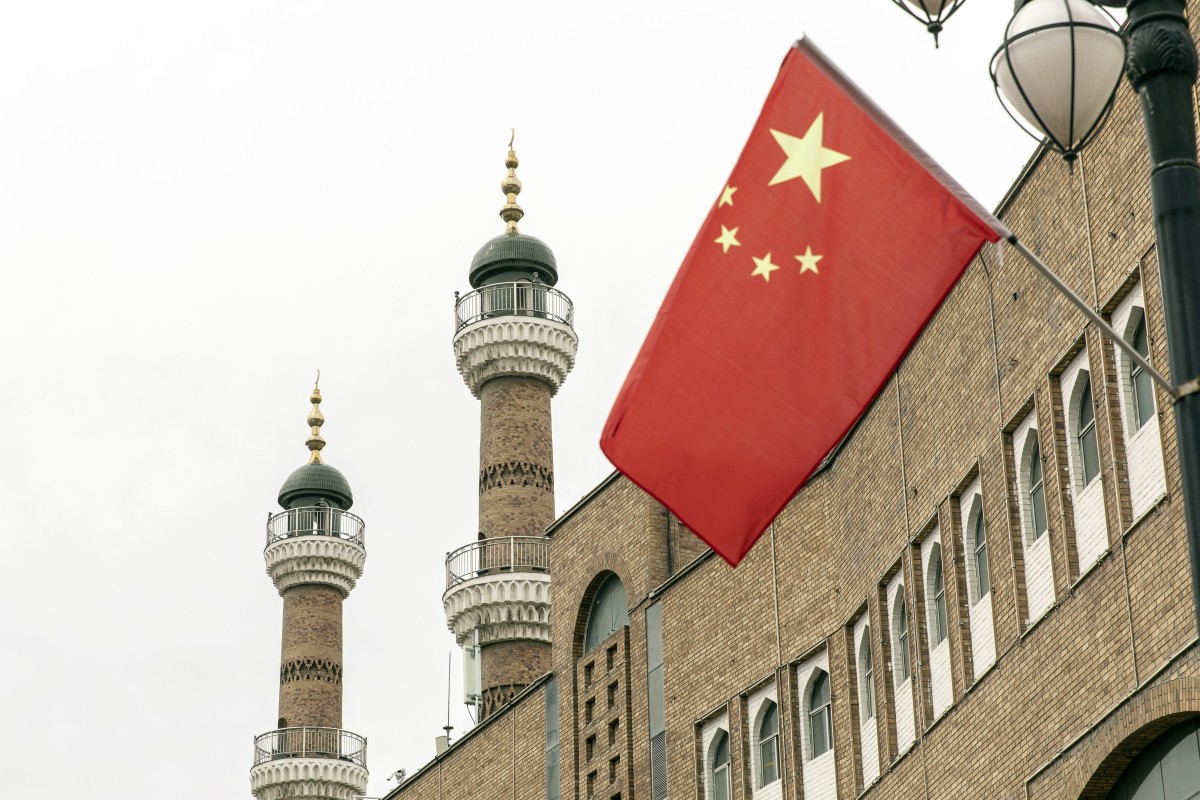US Policy on North Korea: Continued Pressure for Total Denuclearization Is Needed
While the details remain unclear, it is said to be “a calibrated practical approach,” and marks a divergence from the Donald Trump administration's aim of a “package deal” between the two leaders and the Barack Obama administration's reliance on “strategic patience.” Instead, it seems to envisage reaching agreements incrementally through diplomatic discussions.
Those discussions should push for complete denuclearization, whatever form they will take. Threats to peace must be eliminated.
What is required of North Korea is the disposal of all weapons of mass destruction, including biological and chemical weapons, as well as ballistic missiles, which act as the means of delivery. It is not just the intercontinental ballistic missiles capable of reaching the United States that should be disposed of, but also their medium- and short-range missiles.
Trump called for complete and immediate denuclearization of North Korea in talks between the two leaders only for his “deal” to fall flat. It must be noted that it was the U.S. strategy of “maximum pressure,” exerted on both military and economic fronts, which coaxed Kim Jong Un to those talks.
The sanctions on North Korea set out in a U.N. Security Council resolution were a key part of that pressure. Strict adherence to sanctions should be a prerequisite for the discussions, and this adherence should continue to be closely monitored at all times.
The primary objective of the Security Council resolution was to sever the flow of funds and materials required by North Korea for the development of nuclear missiles. It is essential to stay on the lookout for the illegal acquisition of foreign currencies through cyberattacks and other methods to ensure that this resolution is effective.
We must not forget that after the Agreed Framework between the United States of America and the Democratic People's Republic of Korea in 1994 and an agreement at the six-party talks in 2005, North Korea broke various promises, such as a freeze on nuclear weapons, obtained heavy crude oil and food supplies and managed to achieve an alleviation of U.S. economic sanctions, as well as the removal of its designation as a state sponsor of terrorism. North Korea's lies cannot be tolerated any further.
One concern about the intensifying standoff between the United States and China is that China will increase its support for its fellow “autocratic” state, North Korea. There are also reports of the intention to open the China-North Korea border, closed due to the COVID-19 pandemic. The onus is on China to behave responsibly as a permanent member of the Security Council.
At the Japan-U.S. foreign ministers' meeting held during the G-7 event, Minister for Foreign Affairs Toshimitsu Motegi welcomed and expressed support for America's policy on North Korea. Coordinated efforts between the U.S. and Japan will also be essential in addressing the North Korean abductions of Japanese citizens, an issue which is very important to Japan.

